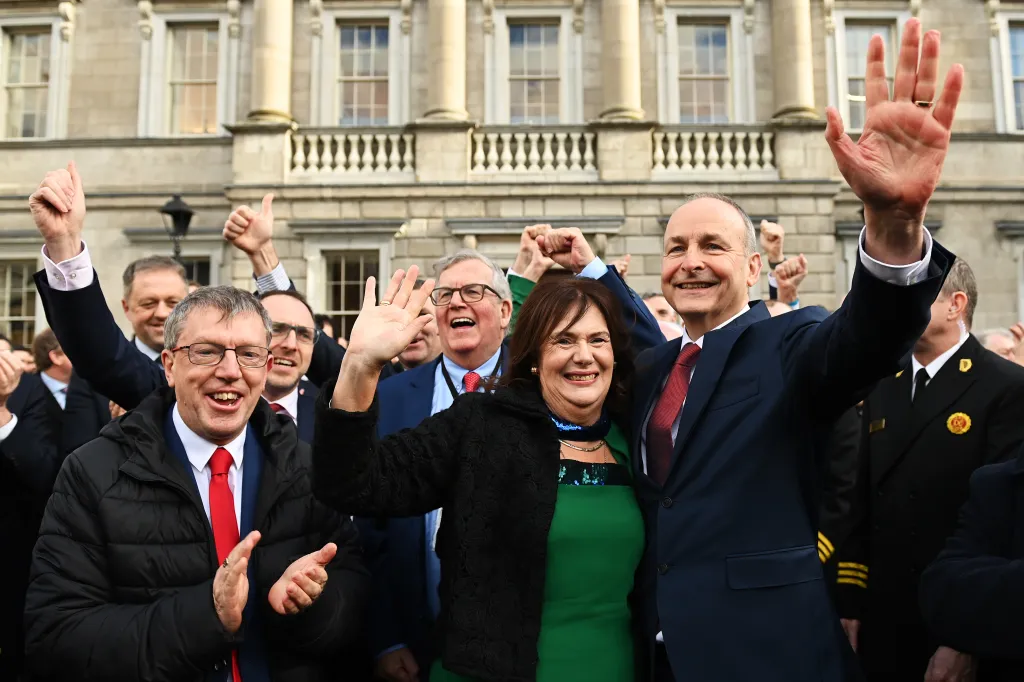Several years after launching a trial, Ireland is set to make its basic income for artists program permanent starting in 2026.
Under the program, selected artists receive a weekly payment of approximately $375, or about $1,500 per month. There are 2,000 spots available, with applications set to open in September 2026; eligibility criteria have not yet been announced. The government may expand the program to additional applicants in the future, should more funding become available, according to Irish broadcaster RTÉ.
The current program, which began in 2022 and is set to end in February after a six-month extension agreed to earlier this year, was launched to support the arts sector following the pandemic. Many artists suffered disproportionate income losses during that time due to the cancelation of live performances and events.
For the pilot, applicants could apply under visual arts, theater, literature, music, dance, opera, film, circuses, and architecture. They were required to submit two pieces of evidence proving that they were professional cultural workers, such as proof of income from art sales, membership in a professional body, or reviews. At the time, the New York Times reported that more than 9,000 people applied, with 8,200 deemed eligible and 2,000 randomly selected to receive payments. Another 1,000 eligible applicants were placed in a control group to be monitored but not receive funds.
The announcement follows the release of an external report by UK-based consultants Alma Economics, which found that the pilot cost €72 million to date but generated nearly €80 million in total benefits to the Irish economy. The report also found that recipients’ arts-related income increased by more than €500 per month on average, income from non-arts work decreased by around €280, and reliance on other social programs declined, with participants receiving €100 less per month on average.
“The economic return on this investment in Ireland’s artists and creative arts workers is having an immediate positive impact on the sector and the economy overall,” Patrick O’Donovan, minister for culture, communications, and sport, said in a statement.
The report further estimated that a permanent, “scaled-up” program would likely result in artists producing 22 percent more work, while lowering the average cost of art to consumers by 9 to 25 percent.
In October, the government released the results of a public survey on the scheme, which found that 97 percent of respondents support the program. However, 47 percent of the 17,000 respondents said artists should be selected based on economic need, while 37.5 percent favored selection by merit. Only 14 percent preferred random selection.
Ireland’s BIA program is a form of universal basic income, a policy that grants all citizens a recurring payment regardless of socioeconomic status or other factors. Such programs have grown increasingly mainstream—if not widely implemented—in recent years, as fears rise over the effects of artificial intelligence and other technology-driven job losses. Many UBI advocates have cited Ireland’s program as evidence that the model works.
“As the pilot shows, basic income works and people need a UBI now to face and deal with the many social, economic, and ecological crises of our world. The Network will continue to help demonstrate basic income within communities and show how it is a sustainable policy,” the UBI Lab Network said in a statement calling for a nationwide program.
“We need no further pilots. People need a UBI now to face and deal with the many social, economic, and ecological crises of our world,” Reinhard Huss, organizer of UBI Lab Leeds, told Business Insider in June.
